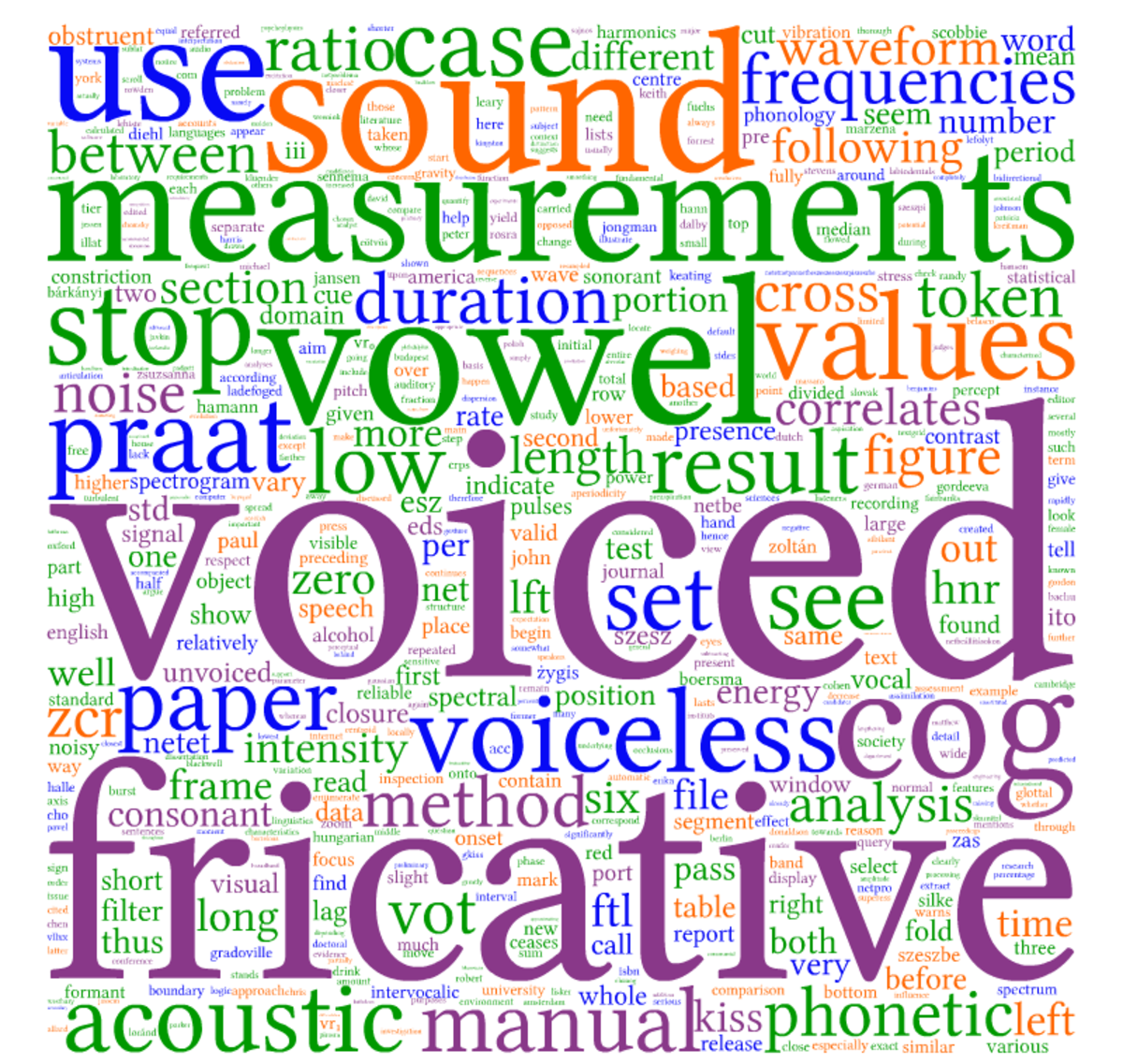Phonetics And Phonology Hubpages

Phonetics And Phonology Difference Between Phonetics And Phonology While articulatory phonetics attempts to describe how isolated speech sounds are produced and how they are classified, phonology studies how they are combined or merged into each other to produce words and utterances. it also studies the functional patterns of such merging. this why phonology is sometimes called “functional phonetics. Phonology is the study of how speech sounds interact and change in relation to linguistic and phonetic environment, including allophonic variations. • phonemes: the fundamental building blocks of allophonic variants, the context specific realizations of phonemes in speech, are phonemes.

Phonetics And Phonology Hubpages Phonology and phonetics: phonology studies the patterns and laws controlling how speech sounds work in a language, whereas phonetics deals with the physical characteristics of speech sounds. morphology: morphology investigates the underlying structure of words, including how they are created and how morphemes, the smallest units of meaning, are. Phonetics is concerned with the physical production of speech sounds. it examines how sounds are articulated by the human vocal apparatus, focusing on the mechanics of speech. phonology, in contrast, studies the abstract concepts of sounds within a language. it looks at speech patterns and how sounds function in different linguistic contexts. 2. Phonetic interpretation is general, i.e. independent of word identity. every performance of every word by every member of the speech community helps teach phonetic interpretation, because it applies to the phonological system as a whole, rather than to any particular word. the linguist charles hockett (1960) used the phrase "duality of. While phonetics and phonology share similarities, they also have distinct attributes. phonetics focuses on the physical properties of sounds, while phonology is concerned with the abstract organization of sounds within a linguistic system. phonetics aims to provide a comprehensive description of all sounds used in human languages, while.

Phonetics And Phonology Hubpages Phonetic interpretation is general, i.e. independent of word identity. every performance of every word by every member of the speech community helps teach phonetic interpretation, because it applies to the phonological system as a whole, rather than to any particular word. the linguist charles hockett (1960) used the phrase "duality of. While phonetics and phonology share similarities, they also have distinct attributes. phonetics focuses on the physical properties of sounds, while phonology is concerned with the abstract organization of sounds within a linguistic system. phonetics aims to provide a comprehensive description of all sounds used in human languages, while. Phonetics and phonology. phonetics is the study of speech sounds as physical entities (their articulation, acoustic properties, and how they are perceived), and phonology is the study of the organization and function of speech sounds as part of the grammar of a language. the perspectives of these two closely related subfields are combined in. 6. a simple way to show the difference is that. phonetics is the study of possible sounds that a human mouth can make and human ear can hear over all languages. phonology is the study of those same sounds within individual languages (which in each language is a much smaller set that than the total possible).

Phonology Vs Phonetics Phonetics and phonology. phonetics is the study of speech sounds as physical entities (their articulation, acoustic properties, and how they are perceived), and phonology is the study of the organization and function of speech sounds as part of the grammar of a language. the perspectives of these two closely related subfields are combined in. 6. a simple way to show the difference is that. phonetics is the study of possible sounds that a human mouth can make and human ear can hear over all languages. phonology is the study of those same sounds within individual languages (which in each language is a much smaller set that than the total possible).

Comments are closed.